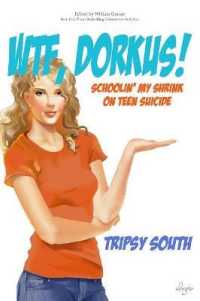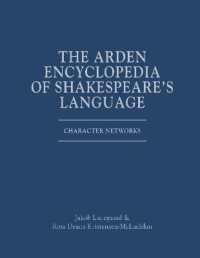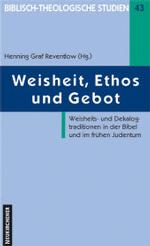- ホーム
- > 洋書
- > ドイツ書
- > Social Sciences, Jurisprudence & Economy
- > Politics, Society, Work
- > social science
Full Description
The authors engage a dialogue between European integration theories and gender studies. The contributions illustrate where and how gender scholarship has made creative use of integration theories and thus contributes to a vivid theoretical debate. The chapters are designed to make gender scholarship more visible to integration theory and, in this way stimulates the broader theoretical debates. Investigating the whole range of integration theory with a gender lens, the authors illustrate if and how gender scholarship has made or can make creative use of integration theories.
Contents
Introduction; Gabriele Abels, Heather MacRae - Rethinking integration theory from a gender perspective; Classical approaches Petra Meier - Feminist readings of federalism: new approaches and tools to study the process of European integration?; Heather MacRae - Neo-functionalism: spilling over to gender studies; Anna van der Vleuten - Intergovernmentalism: gendering a dinosaur? New approaches Ulrike Liebert - Gendering Europeanisation: some contradictions of state - society transformation in Europe and Beyond; Gabriele Abels - Multi-level governance: gendering a key theoretical approach in EU studies; Emanuela Lombardo - Social constructivism in European integration theories: gender and intersectionality perspectives; Meryl Kenny - Neoinstitutionalism from a gender perspective: towards feminist institutionalism in EU studies?; Birgit Sauer, Sabine Lang - European integration and the politics of scale: a gender perspective; Interdisciplinary approaches Theresa Wobbe, Katja K. Hericks - Neoinstitutionalism and world society; Stefanie Wohl - Gendering governmentality and European integration theory; Jessica Guth - Legal theories and European integration; Gabriele Wilde - Gendering Civil Society Perspectives on the EU; Conclusions - Thomas Diez, Hans-Jurgen Bieling - Linking gender perspectives to integration theory: Engaging new dialogues







